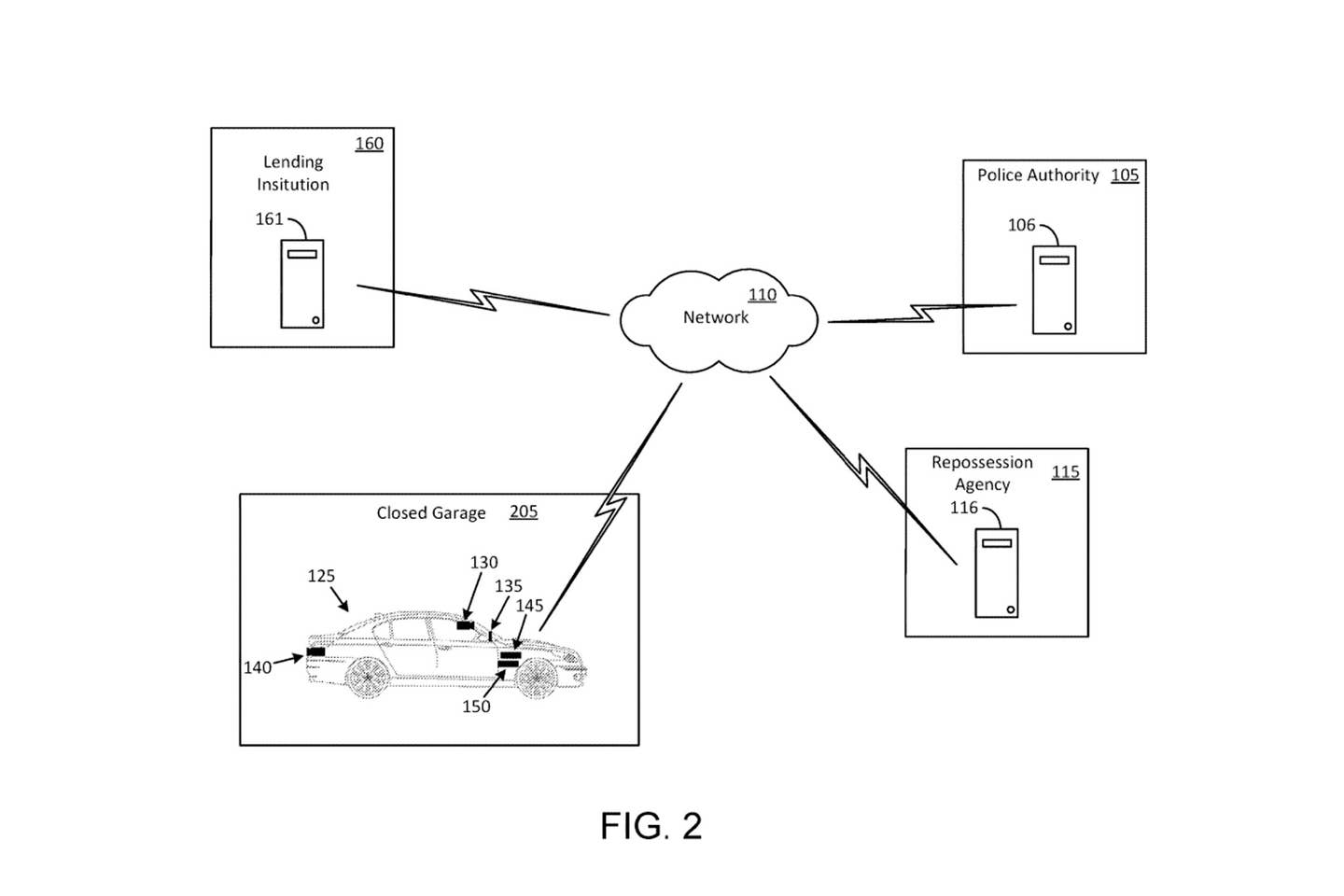Ford Filed Patent That Lets Car Lock Owner Out and Repossess Itself by Driving Away
As connected cars become the norm, automakers are bizarrely retaining quite a bit of control over the cars that they had already sold. We recently reported on a slew of in-car features that only become available when the owner pays a subscription fee to the automaker to unlock them. Ford’s latest patent application show them taking this a step further.
Ford made the patent filing back in August 2021 but it wasn’t published until recently. In the application titled “”Systems and Methods to Repossess a Vehicle”, Ford detailed a system that would lock the driver and even drive itself to the impound lot if the driver misses payments.
But first, the system would simply make it inconvenient or uncomfortable for the driver by disabling certain functions and components, such as air-conditioning or the engine on weekends (so that drivers can still make it to work to make that money owed to them).
The system inside vehicles with semi- or fully-autonomous driving capabilities could also move the vehicle to a more convenient spot for a tow truck to tow it away or directly to the premise of a repossession agency or even to the junkyard if the bank thinks it has more value as scrap metal.

As The Drive, which first reported on this patent filing, pointed out, patents do not necessarily represent the automakers intention to introduce the system or technology to future cars. But the fact that this even crossed the minds of the folks over at Ford is a bit troubling.
Now, at the risk of sounding like a Luddite, this is what happens when our cars become increasingly “connected”——we may benefit from over-the-air updates, voice assistants, in-car entertainment and more, but it also means we invite a lot of meddling in and losing some control of the car we drive too. Or worse, allowing an external party to “hack” the car we are driving and controlling it, which this proposed system would make it all the easier to do




